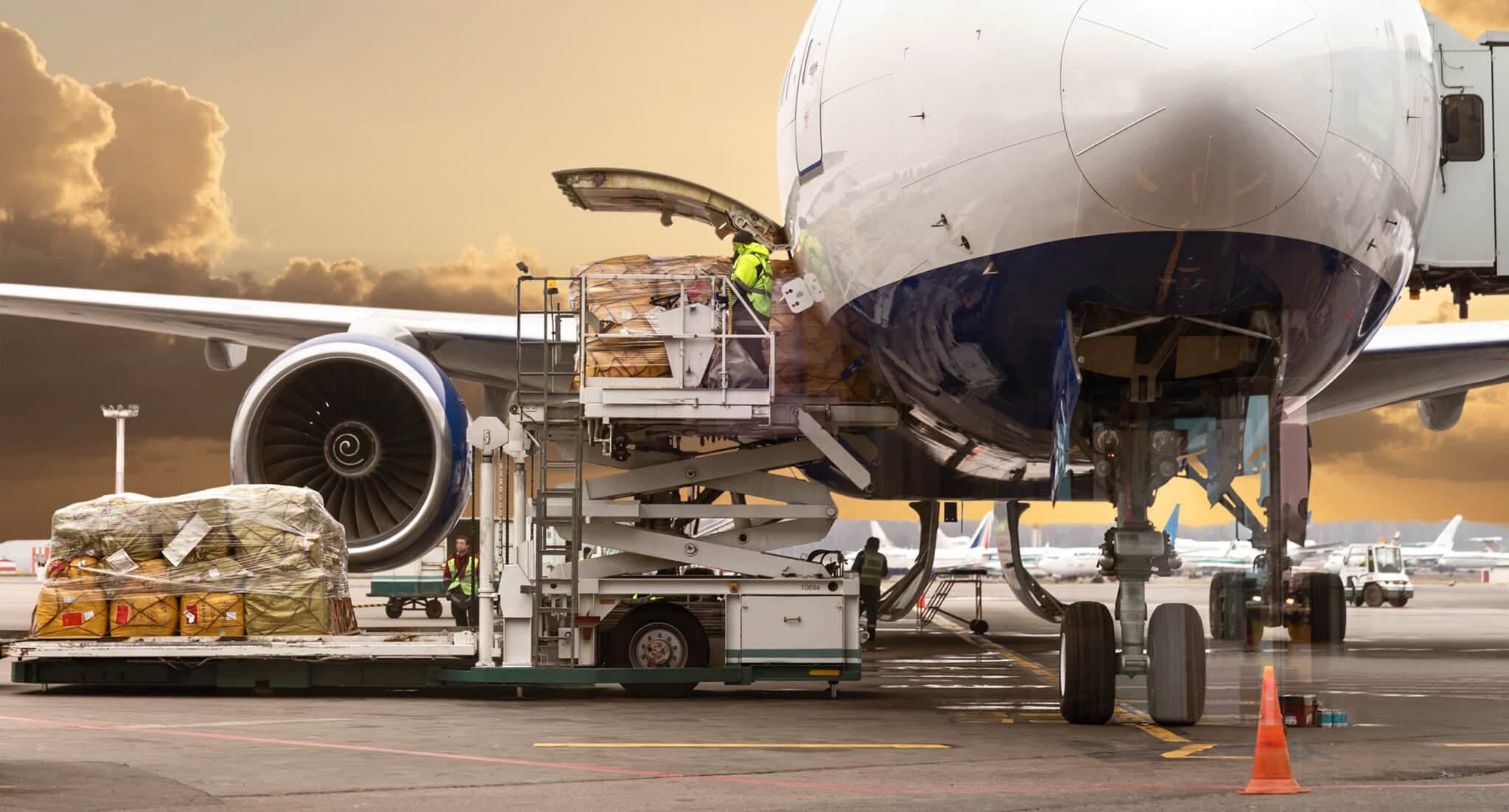Living Lab cases
- In the Living Lab Road Feeder Service, we improve the information flow for road transport that replaces air freight between European airports.
- In the Living Lab Secure Import, In the Living Lab Secure Import, we are working on digitizing paper freight documents.
- In the Living Lab Digital Truck Lock Planning, chain partners work together on a standardized approach to data sharing.
Road Feeder Service
Road transport that replaces air freight between European airports, known as ‘road feeder service’ (RFS), constitutes a significant share of transport to and from Schiphol. Unlike locally oriented freight traffic, information exchange between the parties involved in RFS is inadequate and lacks transparency. Improved information provision is essential for a more predictable flow of goods.
In 2023:
- Analyses have been conducted on the RFS traffic flows and relevant information sources have been identified.
- Discussions have been initiated regarding agreements on data sharing.
In 2024:
- The RFS tool has been integrated with Schiphol’s new Port Community System (Cargonaut), designed as part of the Basic Data Infrastructure.
- Lessons learned from the design of the RFS tool have been shared with the DIL project team.
- RFS data coverage has been increased in collaboration with all involved parties.

Secure Import
Goods transported by air freight often have a high value, making theft of imported items a constant threat. Paper documents are widely distributed throughout the supply chain and often end up in general mailboxes. These documents can be forged, which facilitates organized crime. By digitizing these paper documents, we take a first step toward preventing forgery and ensure that information is shared with the right parties and individuals at the moment they need it. Drivers are specifically assigned to shipments — only the designated driver is authorized to take the cargo. To secure this process effectively, we create a digital key and use additional security methods for identification, keeping access to the cargo out of reach of organized crime.
In 2023:
- ‘Best Effort’ declaration: A 'Best Effort'declaration for Secure Import was drafted by Schiphol and signed on July 12, 2023, by four of the five handlers: KLM Cargo, Dnata, Menzies Aviation, and Swissport. This declaration demonstrates the commitment of the parties involved in implementing the new supply chain process. Read more here.
- Set of agreements for a new supply chain process: A set of agreements has been developed to describe how the supply chain partners will operate in the new situation. This document includes the operational procedures, business rules, and the new IT system to be delivered. The first parties are already gaining experience with this updated way of working.
- Minimum Viable Product (MVP): An MVP has been developed as the basis for the digital key required to collect import shipments. This key is a token carefully generated through multiple steps. Mandatory actions within the Port Community System (PCS) ensure that only the authorized driver can provide the digital key to the handler. Sensitive information is shared efficiently and securely, giving the handler confidence that the transfer is safe.
- Lessons learned: During the design and development of the MVP, supply chain partners experienced firsthand that digitizing documents not only enhances security but also improves efficiency. The system eliminates the need for separate printing of paper documents and reduces the reliance on email and phone communication.
In 2024:
- De MVP of the Secure Import-tool has been further developed based on user feedback.
- This year, a first version was launched, enabling the supply chain to securely transfer goods.

Digital Truck Lock Planning
Handlers have insufficient visibility into incoming arrivals. Carriers often show up without appointments, causing queues and making it difficult for handlers to plan their staff. Currently, staffing decisions are mostly based on experience. Additionally, peaks and troughs are increasing due to growing fluctuations in cargo flows. It is also expected that land-side (international) freight traffic in the Cargo City Schiphol freight area will grow significantly in the coming years.
Supply chain partners are therefore working on agreements to establish a standardized approach to data sharing at Schiphol, making the supply chain process more predictable.
In 2023:
- A ‘Best Effort’ declaration for Digital Truck Lock Planning was drafted by Schiphol and signed on September 18, 2023, by four of the five handlers: KLM Cargo, Dnata, Menzies Aviation, Swissport, as well as representatives of truckers and freight forwarders. Read more here.
- A first set of agreements has been established based on the desired new supply chain process. This document outlines how the supply chain partners will operate in the new situation, including the incorporated business rules and the new IT system to be delivered.
- A representative group from the community has worked weekly on a ‘TO BE’ supply chain process and the associated operational rules.
- An IT concept at a high level has been defined and approved together with the community.
- Work has been done on rules for this process (‘business rules’) and on defining the integration of IT systems.
In 2024:
- Work was carried out on the agreement framework and the accompanying operational rules (business rules) by the weekly working group.
- Has the decision-making process for the implementation of this agreement framework been completed with the entire community.
- A new tool for the exchange of planning data has been designed and implemented. It is integrated with Cargonaut's new Port Community System and utilizes data exchange from sources including Secure Import and RFS. The new tool operates based on the BDI framework.

Do you, as a company, have a logistics challenge that might be solved through the application of the BDI framework? We would love to get in touch with you. At DIL, we offer support in the form of manpower, expertise, and financial resources.

